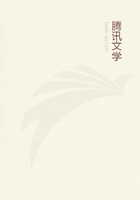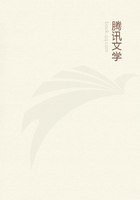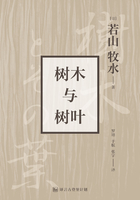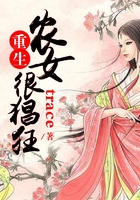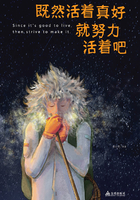'The express image' [Gr. 'the character'].--Heb. 1. 3.
The word 'character' occurs only once in the New Testament, and that is in the passage in the prologue of the Epistle to the Hebrews, where the original word is translated 'express image' in our version. Our Lord is the Express Image of the Invisible Father. No man hath seen God at any time. The only-begotten Son, who is in the bosom of the Father, He hath declared Him. The Father hath sealed His divine image upon His Son, so that he that hath seen the Son hath seen the Father. The Son is thus the Father's character stamped upon and set forth in human nature. The Word was made flesh. This is the highest and best use to which our so expressive word 'character' has ever been put, and the use to which it is put when we speak of Bunyan's Characters partakes of the same high sense and usage. For it is of the outstanding good or evil in a man that we think when we speak of his character. It is really either of his likeness or unlikeness to Jesus Christ we speak, and then, through Him, his likeness or unlikeness to God Himself. And thus it is that the adjective 'moral' usually accompanies our word 'character'--moral or immoral. A man's character does not have its seat or source in his body; character is not a physical thing: not even in his mind; it is not an intellectual thing. Character comes up out of the will and out of the heart. There are more good minds, as we say, in the world than there are good hearts. There are more clever people than good people; character,--high, spotless, saintly character,--is a far rarer thing in this world than talent or even genius. Character is an infinitely better thing than either of these, and it is of corresponding rarity. And yet so true is it that the world loves its own, that all men worship talent, and even bodily strength and bodily beauty, while only one here and one there either understands or values or pursues moral character, though it is the strength and the beauty and the sweetness of the soul.
We naturally turn to Bishop Butler when we think of moral character. Butler is an author who has drawn no characters of his own. Butler's genius was not creative like Shakespeare's or Bunyan's. Butler had not that splendid imagination which those two masters in character-painting possessed, but he had very great gifts of his own, and he has done us very great service by means of his gifts. Bishop Butler has helped many men in the intelligent formation of their character, and what higher praise could be given to any author? Butler will lie on our table all winter beside Bunyan; the bishop beside the tinker, the philosopher beside the poet, the moralist beside the evangelical minister.
In seeking a solid bottom for our subject, then, we naturally turn to Butler. Bunyan will people the house for us once it is built, but Butler lays bare for us the naked rock on which men like Bunyan build and beautify and people the dwelling-place of God and man.
What exactly is this thing, character, we hear so much about? we ask the sagacious bishop. And how shall we understand our own character so as to form it well till it stands firm and endures?
'Character,' answers Butler, in his bald, dry, deep way, 'by character is meant that temper, taste, disposition, whole frame of mind from whence we act in one way rather than another . . . those principles from which a man acts, when they become fixed and habitual in him we call his character . . . And consequently there is a far greater variety in men's characters than there is in the features of their faces.' Open Bunyan now, with Butler's keywords in your mind, and see the various tempers, tastes, dispositions, frames of mind from which his various characters act, and which, at bottom, really make them the characters, good or bad, which they are. See the principles which Bunyan has with such inimitable felicity embodied and exhibited in their names, the principles within them from which they have acted till they have become a habit and then a character, that character which they themselves are and will remain. See the variety of John Bunyan's characters, a richer and a more endless variety than are the features of their faces. Christian and Christiana, Obstinate and Pliable, Mr.
Fearing and Mr. Feeblemind, Temporary and Talkative, Mr. Byends and Mr. Facing-both-ways, Simple, Sloth, Presumption, that brisk lad Ignorance, and the genuine Mr. Brisk himself. And then Captain Boasting, Mr. High-mind, Mr. Wet-Eyes, and so on, through a less known (but equally well worth knowing) company of municipal and military characters in the Holy War.

